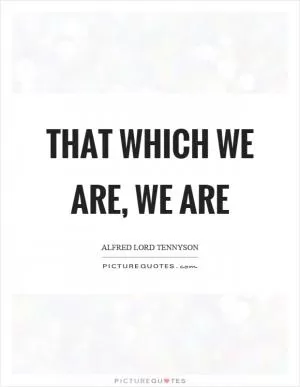A smile abroad is often a scowl at home

A smile abroad is often a scowl at home
Alfred Lord Tennyson, one of the most renowned poets of the Victorian era, was known for his profound insights into human nature and the complexities of human emotions. One of his famous quotes, “A smile abroad is often a scowl at home,” encapsulates the idea that appearances can be deceiving and that people often hide their true feelings behind a facade of happiness.In the context of Tennyson’s words, it can be interpreted that people often put on a brave face in public or in unfamiliar surroundings, but behind closed doors, they may be struggling with inner turmoil, sadness, or discontent. This dichotomy between the public persona and the private self is a common theme in Tennyson’s works, as he often delved into the depths of human emotions and the masks that people wear to conceal their true feelings.
Tennyson’s quote also speaks to the idea of societal expectations and the pressure to conform to a certain image or standard of happiness. In today’s world, with the rise of social media and the constant need to present a curated version of one’s life to the public, the gap between the outward appearance and the inner reality has only widened. People feel compelled to project an image of success, happiness, and contentment, even if they are struggling with personal issues or emotional distress.
Moreover, Tennyson’s words can also be seen as a commentary on the disconnect between the public and private spheres of life. In a society where appearances matter more than authenticity, people may feel compelled to maintain a facade of happiness and positivity, even if they are facing challenges or hardships in their personal lives. This disconnect can lead to feelings of isolation, loneliness, and alienation, as individuals struggle to reconcile their inner turmoil with the expectations of the outside world.












 Friendship Quotes
Friendship Quotes Love Quotes
Love Quotes Life Quotes
Life Quotes Funny Quotes
Funny Quotes Motivational Quotes
Motivational Quotes Inspirational Quotes
Inspirational Quotes